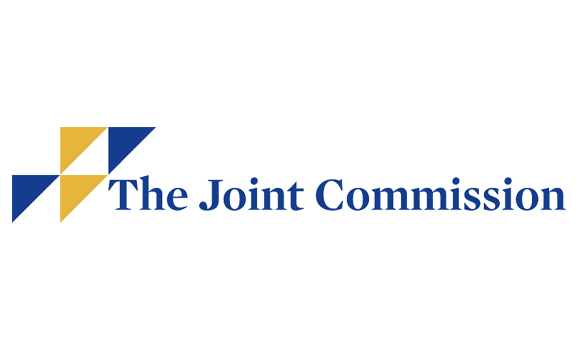
Editor's Note With healthcare leaders stretched thin by staffing shortages, financial pressures, and the constant need to adapt, the 2025 OR Manager Conference agenda couldn't be more timely—or more practical. We asked our Program Committee members to share the sessions they're prioritizing this year. Their picks promise real solutions and…

Editor's Note Microsoft’s MAI Diagnostic Orchestrator (MAI-DxO)artificial intelligence (AI) system outperformed physicians on diagnostic accuracy, achieving an 80% score compared to only 20% for a panel of human doctors. Wired reported the news June 30, quoting an official calling the system “a genuine step toward medical superintelligence” and noting that…

Editor's Note A new international consensus offers the first multidisciplinary definition and set of recommendations for group-based preoperative education programs, sometimes referred to as “surgery schools.” Published June 21 in the British journal Anaesthesia, the expert-driven guidance aims to improve patient preparation, experience, and recovery for those undergoing major elective…

Editor's Note The American Association of Colleges of Nursing (AACN)’s AACN’s 2024-2025 Enrollment and Graduations survey shows undergraduate and graduate nursing programs saw enrollment gains in 2024, with a 4.9% increase in Bachelor of Science in Nursing (BSN) program enrollment, along with a 1.6% gain in RN-to-BSN programs following five…

Editor's Note Epic has introduced a free training program to help nurses and medical assistants reduce time spent using electronic health records (EHRs), addressing a key factor contributing to widespread burnout. According to a recent article in Fierce Healthcare, the Nursing SmartUser classes launched during National Nurses Week and aim…

Editor's Note Low-dose dexmedetomidine effectively stabilizes blood pressure and heart rate during key perioperative stages in gastrointestinal tumor patients with moderate to severe anxiety, according to a July 1 study published in BMC Psychiatry. Researchers enrolled 100 patients undergoing elective laparoscopic gastrointestinal tumor resection. Anxiety levels were measured using…

One of the most sobering moments in the career of anesthesiologist Cornelius Sullivan, MD, occurred not as a caretaker in the OR, but as a patient in the emergency department. Having been knocked out cold by a low-hanging monitor during a surgical procedure at Boston Children’s Hospital, he had to…

Editor's Note The US Food and Drug Administration (FDA) has designated Cook’s recent recall of the Beacon Tip 5.0 Fr Angiographic Catheter as a Class 1, the most severe category indicating serious risk of injury or death. The recall was reportedly motivated by reports of tip separation both prior to…

Editor's Note The Joint Commission has launched a major redesign of its healthcare accreditation and certification programs with Accreditation 360: The New Standard. According to a June 30 announcement, the new framework introduces outcome-focused performance tools, eliminates hundreds of requirements, and promises to made standards publicly accessible. Reportedly supported by…

Editor's Note Nearly 50 major US health insurers—including UnitedHealthcare, Aetna, Cigna, Elevance, and Humana—have pledged to reform prior authorization practices, with the goal of easing administrative burdens and improving access to care, according to a June 23 article in Healthcare Dive. As detailed in the article, the announcement came from…